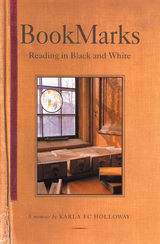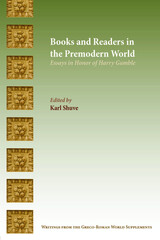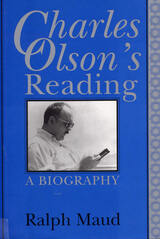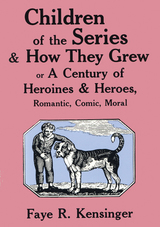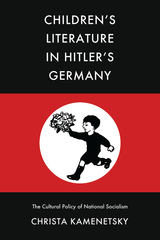Bergson and Durational Performance: (Re)Ma(r)king Time
Intellect Books, 2022
Cloth: 978-1-78938-622-6
Cloth: 978-1-78938-622-6
ABOUT THIS BOOK | AUTHOR BIOGRAPHY | REVIEWS | TOC
ABOUT THIS BOOK
An interrogation of Henri Bergson’s philosophy of duration through the lens of performance.
Humans have always marked time, whether by tracing the earth’s natural rhythms or looking at a clock. Unlike pre-industrial people, living in an age of social acceleration is dominated by clock time and network time, presenting many more options than can be achieved in a human lifespan.
This book explores the possibility of an alternative experience of time, one closer to the concept of pure duration described by philosopher Henri Bergson. Connecting Bergson’s thought with key ideas from psychology and anthropology, the discussions in this book contribute to contemporary performance analysis, philosophy, and Bergson studies and explore aspects of immersive and participatory performance, walking practices, and ritual and online performance. Using durational performances as case studies, James Layton offers new insights into Bergson’s philosophy alongside the work of key theorists in psychology and anthropology. Through a series of performance analyses, Bergson’s philosophy of duration is coupled with ideas from Abraham Maslow, Mihaly Csikszentmihalyi, and Victor Turner to speculate on the potential of durational performance to challenge living in a world in which time is short, but the possibility of experience is abundant.
Humans have always marked time, whether by tracing the earth’s natural rhythms or looking at a clock. Unlike pre-industrial people, living in an age of social acceleration is dominated by clock time and network time, presenting many more options than can be achieved in a human lifespan.
This book explores the possibility of an alternative experience of time, one closer to the concept of pure duration described by philosopher Henri Bergson. Connecting Bergson’s thought with key ideas from psychology and anthropology, the discussions in this book contribute to contemporary performance analysis, philosophy, and Bergson studies and explore aspects of immersive and participatory performance, walking practices, and ritual and online performance. Using durational performances as case studies, James Layton offers new insights into Bergson’s philosophy alongside the work of key theorists in psychology and anthropology. Through a series of performance analyses, Bergson’s philosophy of duration is coupled with ideas from Abraham Maslow, Mihaly Csikszentmihalyi, and Victor Turner to speculate on the potential of durational performance to challenge living in a world in which time is short, but the possibility of experience is abundant.


